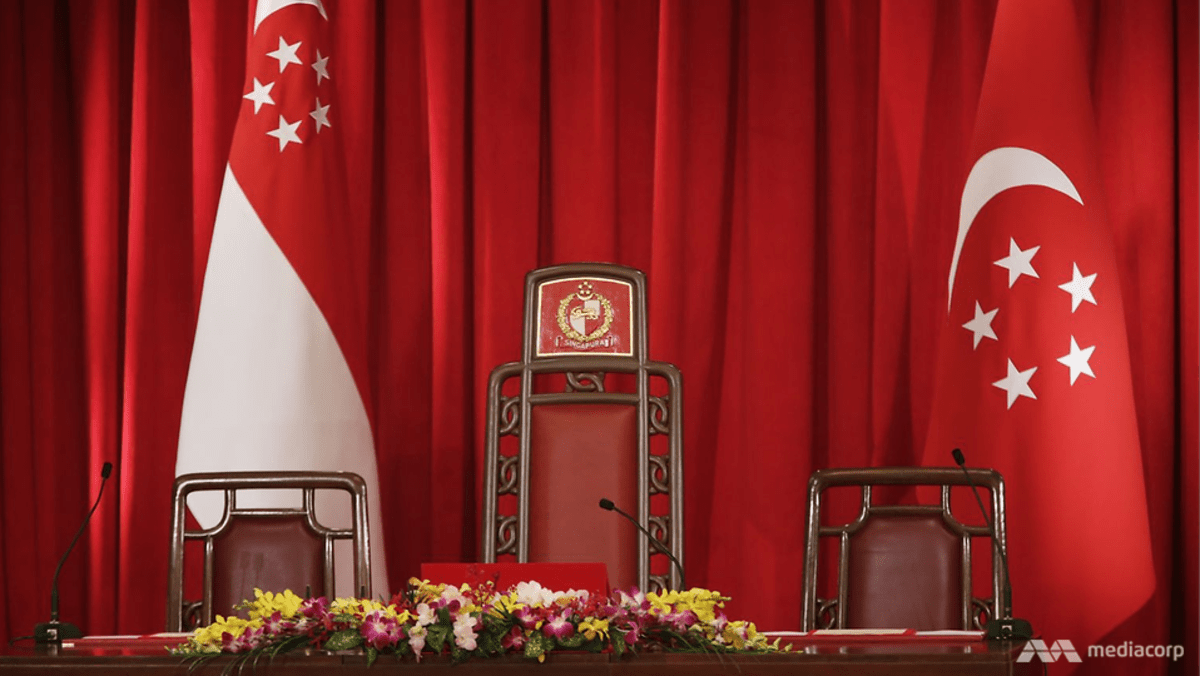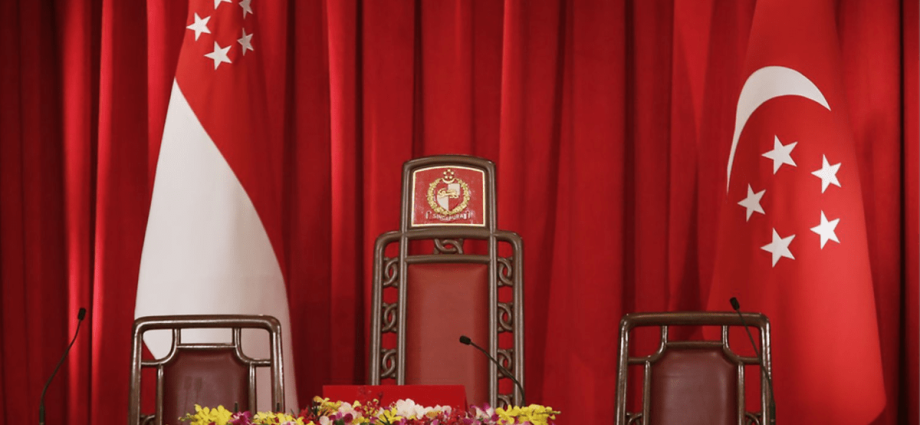
PUBLIC EDUCATION NEEDED ON “SPECIFICITIES”
Analysts generally agree that it is important to educate voters on these issues.
Political observer from the Nanyang Technological University (NTU) Felix Tan said it is “definitely a concern” that Singaporeans do not have a strong awareness about the relationship between the President, the parliament and the Cabinet.
“This would affect the voting patterns as without a clear understanding, would these first-time voters know who and why they are voting for?” he said.
Disappointment over the limitations of the powers of the elected president due to a prolonged misconception may eventually lead to the electorate losing interest in the outcome of the vote, he added.
Agreeing, Dr Gillian Koh from the Institute of Policy Studies (IPS) said that greater public knowledge “can translate to greater legitimacy of the system”.
She said that in the run-up to the election, prospective candidates and their supporters may make claims that are not in line with how the system works.
“It is therefore important to have third parties or neutral people to state what the system is, to cut through what might otherwise be rather confusing,” said the senior research fellow in the governance and economy department at IPS.
Political scientist from NUS Chong Ja Ian said previous elections and the mainstream media “have a role in raising general awareness” of the elected presidency.
But the “inaccessible” language of relevant legislation may make it tough for the man on the street to further deepen his own understanding, he added.
“How many people have read the Constitution, for instance?” asked Dr Chong.
Dr Mustafa said given that presidential elections have not always been contested and that they are relatively “low key” compared to general elections, it is not surprising that while people have general awareness of the office of the President, “the understanding reduces when you get into the depth or the specificities”.
The analysts cited various possible factors to explain the lack of awareness on how the President relates to the government and parliament.
Political analyst from NTU Walid Jumblatt Abdullah believes that this stems from general political apathy, something he partly attributes to the “very comfortable” life here which does not motivate people to take a strong interest in politics.
He added that given how the elected President’s post has been occupied by ex-political office holders, it may result in some sort of “conflation” of the range of powers, in the eye of the layman.
Three of the four former presidents who were elected were senior members of the People’s Action Party (PAP) – Madam Halimah Yacob, Dr Tony Tan and Mr Ong Teng Cheong – although Mr Ong’s tenure in the 1990s would mean that the current survey respondents were too young or not even born yet at the time.
Still, Dr Koh noted that the office of the elected President is “a young institution” and a unique Singapore one, with changes having been made to it over time.
“So, with a small number of contested elections, there has been less occasion for the broader public to go deep into the system and how it works, the powers and the limits of the role of elected President, as they have not had to vote,” she said.

